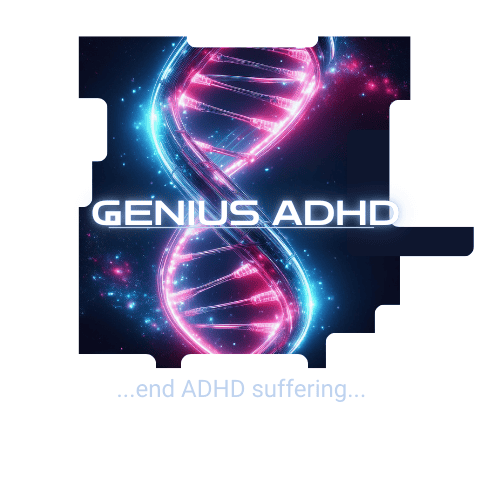Understanding and Validation: Being part of an ADHD support group allows individuals to connect with others who share similar experiences. This sense of understanding and validation can help reduce feelings of isolation and loneliness often associated with ADHD. (ADHD community, support group, ADHD support)
Shared Experiences and Strategies: Group members can share their personal experiences with ADHD symptoms, challenges, and successes. This exchange of insights and strategies can provide valuable coping mechanisms and practical tips for managing ADHD symptoms in daily life. (ADHD strategies, ADHD coping mechanisms, managing ADHD)
Emotional Support: ADHD can be emotionally challenging, leading to feelings of frustration, shame, or self-doubt. In a supportive group environment, individuals can express their emotions openly without fear of judgment. Group members often provide empathy, encouragement, and a listening ear, fostering emotional resilience and well-being. (ADHD emotional support, ADHD empathy, ADHD community)
Education and Resources: ADHD support groups often provide access to educational resources, such as articles, books, podcasts, and guest speakers. These resources offer valuable information about ADHD, its symptoms, treatments, and available support services, empowering individuals to make informed decisions about their care. (ADHD education, ADHD resources, ADHD information)
Accountability and Goal Setting: Group members can set goals related to managing their ADHD symptoms and receive support and accountability from peers to achieve them. Whether it’s implementing organizational strategies, maintaining a medication regimen, or prioritizing self-care, the group can provide motivation and encouragement to stay on track. (ADHD accountability, ADHD goal setting, managing ADHD symptoms)
Practical Skills Development: Many ADHD support groups offer workshops or group activities focused on developing practical skills, such as time management, organization, and communication. These sessions provide hands-on learning opportunities in a supportive environment, helping individuals build essential life skills to navigate their ADHD more effectively. (ADHD practical skills, ADHD time management, ADHD organization)
Empowerment and Self-Advocacy: Through participation in an ADHD support group, individuals can develop a greater sense of empowerment and self-advocacy. By sharing their stories, advocating for their needs, and supporting others in the group, members cultivate a sense of agency and resilience in managing their ADHD. (ADHD empowerment, ADHD self-advocacy, ADHD resilience)
Community and Connection: Perhaps most importantly, ADHD support groups offer a sense of community and belonging. Building connections with others who understand and accept you for who you are can be incredibly empowering and uplifting. The friendships formed in these groups often extend beyond the group meetings, providing ongoing support and camaraderie. (ADHD community, ADHD connection, ADHD camaraderie)
Overall, participating in an ADHD support group can be a transformative experience, offering not only practical guidance and resources but also emotional support, understanding, and a sense of belonging to a community of individuals who share similar challenges and triumphs.

